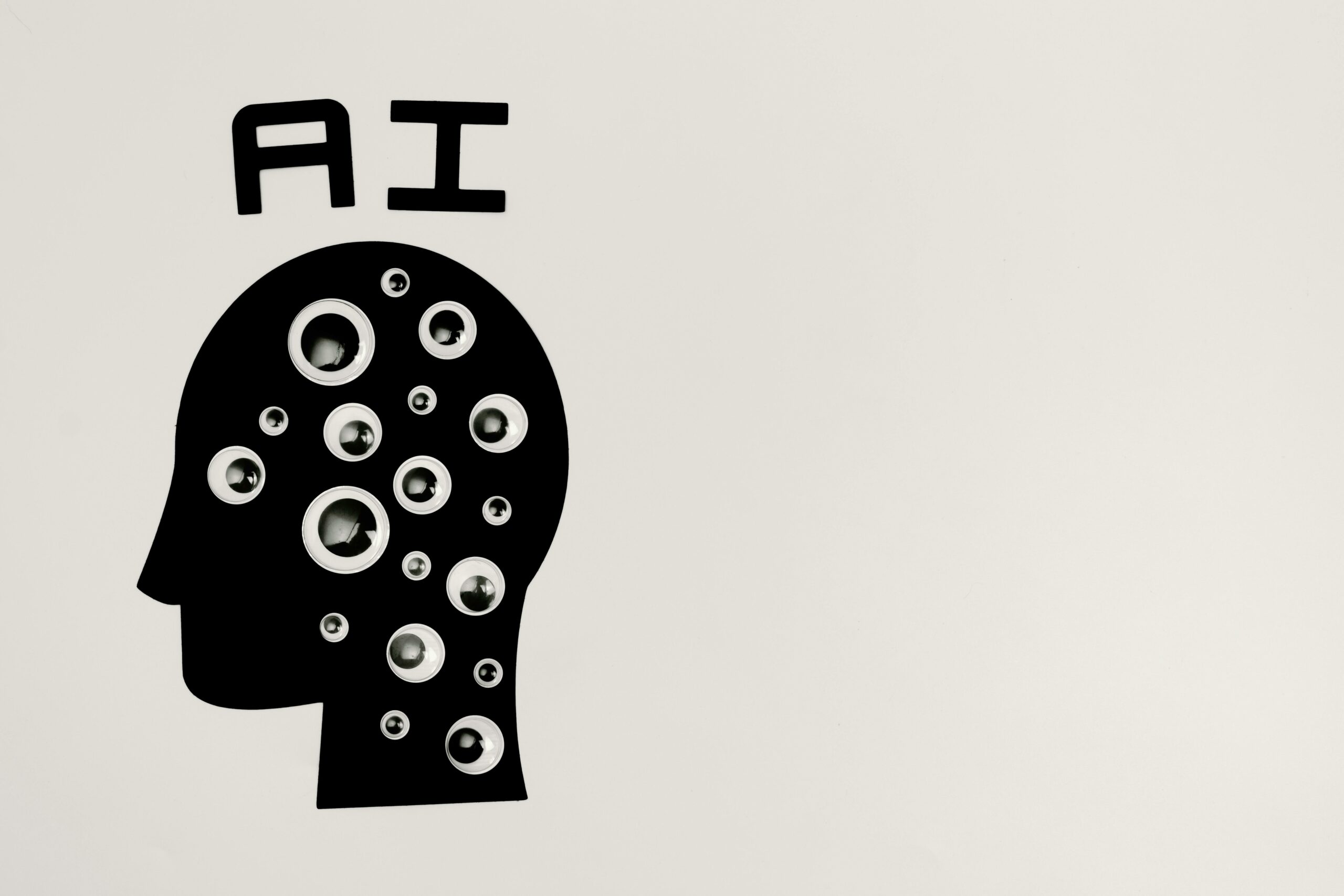Artificial Intelligence
The Great Digital Squeeze: How AI is Starving South Africa’s Newsrooms

Imagine a world where you get the gist of a news story without ever clicking the link. It’s convenient, right? For you, perhaps. But for the South African news organizations that invested time and money to report that story, it’s a silent killer.
This is the central finding of a landmark report from the Competition Commission, which has laid bare an existential threat to our country’s free press. The lifeblood of journalismtraffic and advertising revenueis being steadily drained, not by a competitor, but by the very digital platforms we use to find news.
The Zero-Click Apocalypse
The problem has a name: “zero-click search behaviour.” Users are increasingly getting their information directly from AI-generated summaries on search engines or are being diverted to video platforms like YouTube. Why visit a news website when a chatbot can give you the answer instantly?
The commission found that Google, which holds a monopoly on search in South Africa, scrapes news content from publishers’ websites to fuel these answers. The kicker? It does not compensate the publishers for this content. It’s as if a supermarket were giving away a bakery’s bread for free, putting the baker out of business.
A Double Whammy of Bias and Scraping
The issues run even deeper. The inquiry chair, James Hodge, revealed that Google’s algorithm shows a clear bias in favour of large, foreign media outlets. This means community newspapers and vernacular media, which are vital for local democracy and non-English speakers, are being pushed further into the shadows.
Meanwhile, the new frontier of Artificial Intelligence presents a fresh challenge. AI companies have scraped the entire web, including news sites, to train their models. Now, they scrape in real-time to answer your news queries. While these companies offer an “opt-out” option, this is a technical hurdle too high for many small, under-resourced community newsrooms.
A Glimmer of Hope and a Call to Arms
The report is not all doom and gloom. It has forced the digital giants to the table, resulting in a series of commitments brokered by the Commission. These include:
-
Google and Meta will provide training, ad credits, and better data sharing.
-
YouTube will expand monetisation access and hold workshops in local languages.
-
AI companies like OpenAI will finally allow South African media to control how their content is used in AI summaries and opt out of training.
Critically, the report recommends that the government permit news organizations to bargain collectively with these tech titans. Alone, a small local paper has no power. Together, they might just have a fighting chance.
Receiving the report, Minister of Trade, Industry and Competition Parks Tau acknowledged the critical role a free press plays in our democracy and pledged to table the report in Parliament.
The message is clear. The convenience of AI must not come at the cost of truth. If we want a future where South African stories are told by South African journalists, the time to act is now. The survival of our media depends on it.
{Source: Timeslive}
Follow Joburg ETC on Facebook, Twitter , TikTok and Instagram
For more News in Johannesburg, visit joburgetc.com



























